
Fourteen months after the Narendra Modi government introduced new farm laws, the Prime Minister has had to announce their repeal in the face of unprecedented farmers’ resistance.

Fourteen months after the Narendra Modi government introduced new farm laws, the Prime Minister has had to announce their repeal in the face of unprecedented farmers’ resistance.

The focus on "net zero" and “fossil fuels versus renewables” does not do justice to the critical need for just solutions for the Global South and Indigenous peoples, writes Ruchira Talukdar.

Indigenous peoples from 30 villages in Hasdeo Aranya, the densely-forested region of central India, walked 300 kilometres in early October, to demand the protection of their water, forests and land against coalmining, reports Ruchira Talukdar.

India's response to COVID-19's second wave must prioritise the needs of the most marginalised, says Sion Kongari.
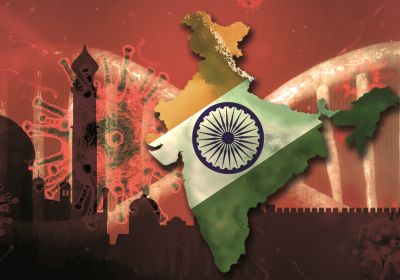
As the daily death toll in India from COVID-19 reaches 3700 people, the headlines describing the situation there as an “apocalypse” are not wrong, writes Divya Garg.
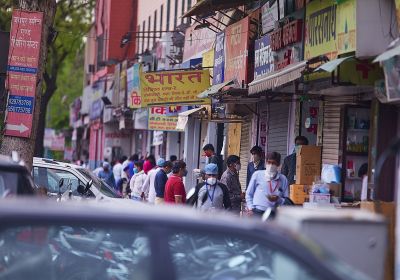
Alex Bainbridge, Sarah Hathway and Sam Wainwright put the case for a health and justice-focussed response to the devestating outbreak of COVID-19 in India.

The Indian farmers movement has come to signify a democratic resistance to crony capitalism, communalism and authoritarianism, writes Ruchira Talukdar.
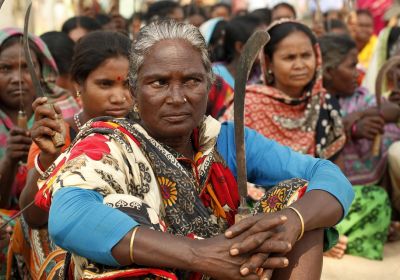
Kavita Krishnan reports on disturbing proposals by figures in Narendra Modi's government to subject women to greater state surveillance for their "protection".
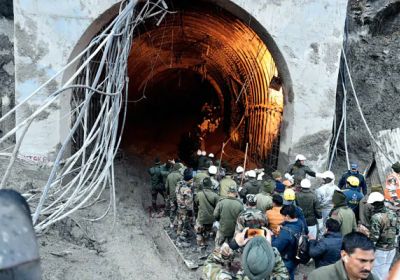
The recent avalanche and flash flood in the Himalayan state of Uttarakhand was a result of climate change and the rapid development of hydro-electric power plants, writes Sarosh Bana.
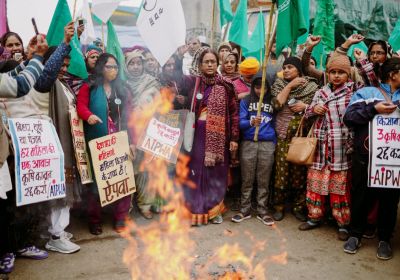
Protests continue against Modi’s three new farm laws amidst a deadlock between farmers’ unions and the government. Indian socialist and feminist Kavita Krishnan discussed the situation with Green Left.

Indian farmers, who have been protesting for the past two months, have again made a stand against Prime Minister Narendra Modi’s agenda to privatise and corporatise the agricultural sector.
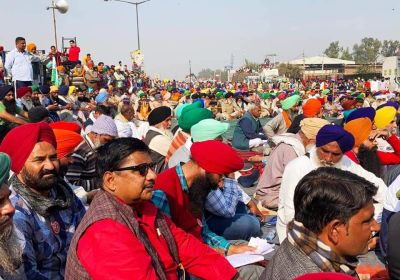
To increase the “ease of business”, India's government has committed to liberalisation, privatisation and globalisation, effectively throwing Indian workers and farmers under a bus.